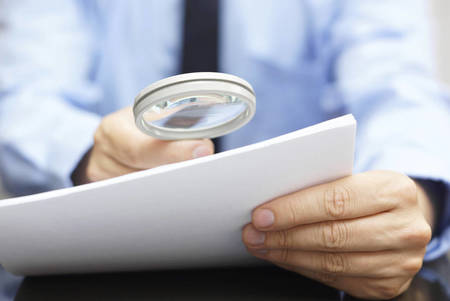Tax advice exemption discrepancy driving away accountants
A discrepancy in ASIC’s treatment of licensed and unlicensed accountants in relation to the tax advice exemption instrument is driving accountants away from obtaining an AFSL, says an industry lawyer.
Earlier this year, the regulator amended the ASIC Corporations (Recognised Accountants: Exempt Services) Instrument 2016/1151 to allow full AFSLs to provide exempt tax advice in relation to products not covered by their licence.
Regulation 7.1.29(4) enables a person to provide advice on taxation issues, including advice in relation to the tax implications of financial products, without an AFSL, ASIC said.
However, speaking at the National SMSF Conference 2017, The Fold Legal solicitor director Jaime Lumsden Kelly said the amendment has created new discrepancies in the discriminatory treatment of the same advice provided by a licensed and unlicensed accountant.
“What we have now is a situation where an unlicensed accountant can give advice on say, securities and pension phase and use the tax advice exemption but a licensee who has an authorisation in relation to securities, cannot,” Ms Lumsden Kelly said.
“I don't think that's appropriate because essentially the regulatory burden has been imposed based on your licensed or unlicensed status and not based on the consumer protection risks of giving that advice.
“Substantively the advice is the same, why does one person receive more protection than the other? Why does one client now have to have an SOA and the other client doesn't?”
The discrepancy in treatment will “motivate people to not want to get a license because they lose the benefit of the tax advice exemption”, according to Ms Lumsden Kelly.
Further, the issue is compounded in the corporate or partnership entity act if a tax accountant is employed by a licensee.
“Strictly speaking, a tax accountant employed by a licensee… can actually give that advice under the tax advice exemption because he doesn't have the authorisation,” said Ms Lumsden Kelly.
“The problem is when he gives that advice, his employer also gives that advice and his employer has a licence and their licence covers superannuation so he's exempt but the licensee is not so you end up with the absurd situation where the individual doesn't need to give an SOA but the licensee does.
“This is another reason why I say this exemption is actually now quite broken and functionally doesn't work.”
Ms Lumsden Kelly believes there might be changes on the horizon considering how ASIC has made two amendments in a short period of time, but is not overly optimistic.
“ASIC is fixing things as they arise but still without any greater holistic perspective about how the regime fits within the industry and the profession,” she said.
“I don't feel that the people within the regulator had a good enough understanding of how accountants operate.
“Unfortunately, it's been a lot of ignorance about how the profession works and there is insufficient understanding.”








